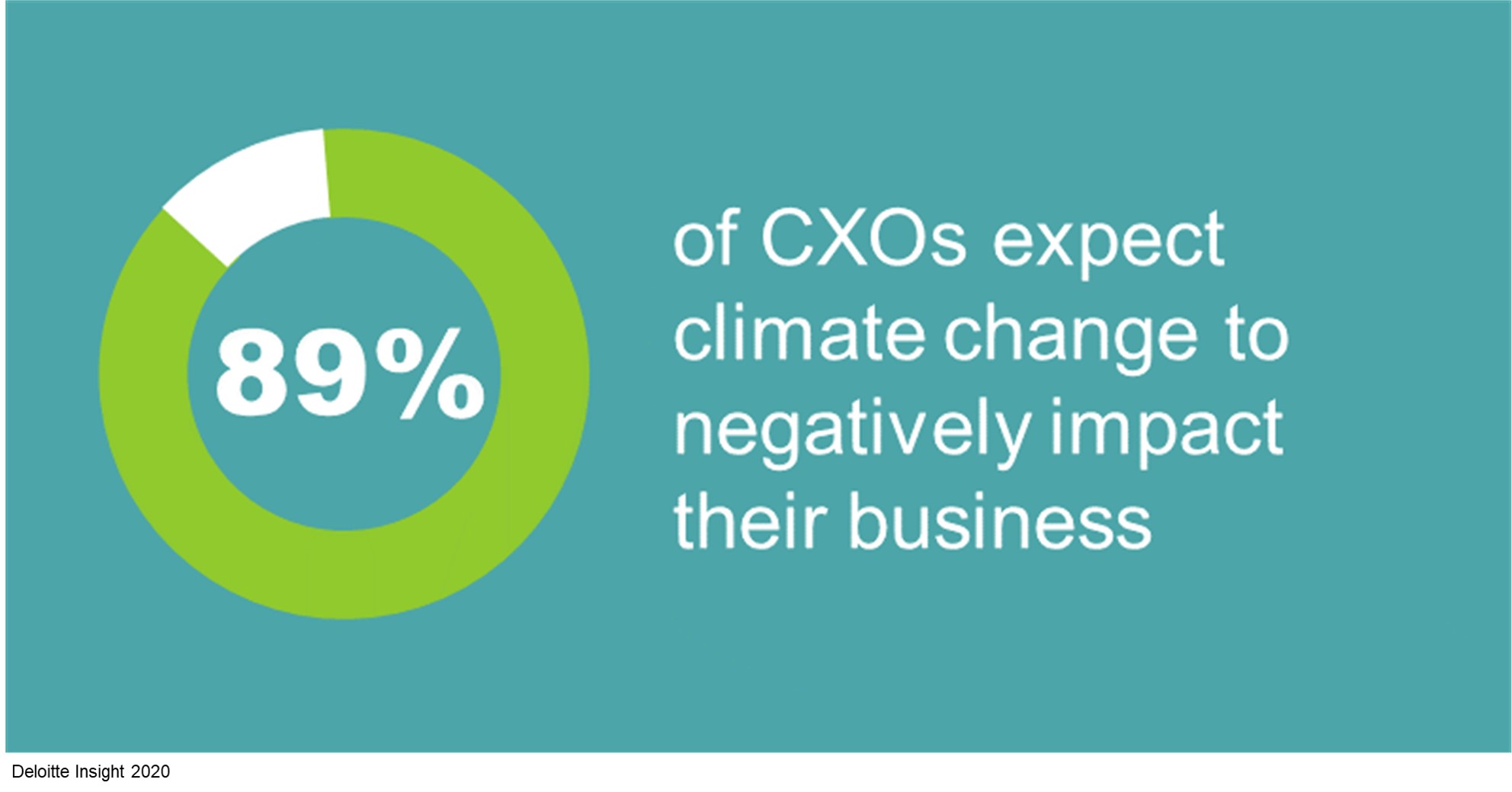Daniele Giovannucci, President & Co-founder
Six months ago the CEOs of nearly 200 multinational corporations publicly pledged to lead their companies for the benefit of customers, employees, suppliers, and communities in addition to shareholders. And we have more organizations such as the Accountability Framework Initiative holding others to accountability because change will only happen if all such “calls for action” by CEOs and investors are made accountable to actually achieve reductions in climate risk, deforestation, and an array of human rights. I think we’ll look back at 2020 as the year when “sustainability” and “mainstream” were being combined at a level and force never previously seen.
Yet, doing that will only be possible with clear and standard metrics in place. Even our recent work with leading programs like the Global Coffee Platform and ISEAL Alliance readily demonstrate how forward-thinking organizations can benefit from common science-based substantially metrics. That kind of insight is possible only with good data and analysis.”Without them, many claims will continue to be nebulous and soon forgotten. Metrics are not just to ensure real accountability but also for firms and institutions to guide smart decisions and drive better performance. Business results and sustainability results are becoming more intertwined.
Fortunately, technology is helping. At COSA we see increasing interest to go beyond simplistic and ineffective approaches. Leading firms are now integrating transformational technologies to get the pragmatic kind of sustainability intelligence that guides smart value chains toward smarter decisions. For a number of leading firms, this is already indispensable. And while there is certainly a lot of fraud or vapor-ware out there, we see some well-crafted sustainability intelligence systems that integrate well alongside more typical business intelligence. And it is this approach that ultimately helps integrate sustainability into normal business functions.







Leave A Comment